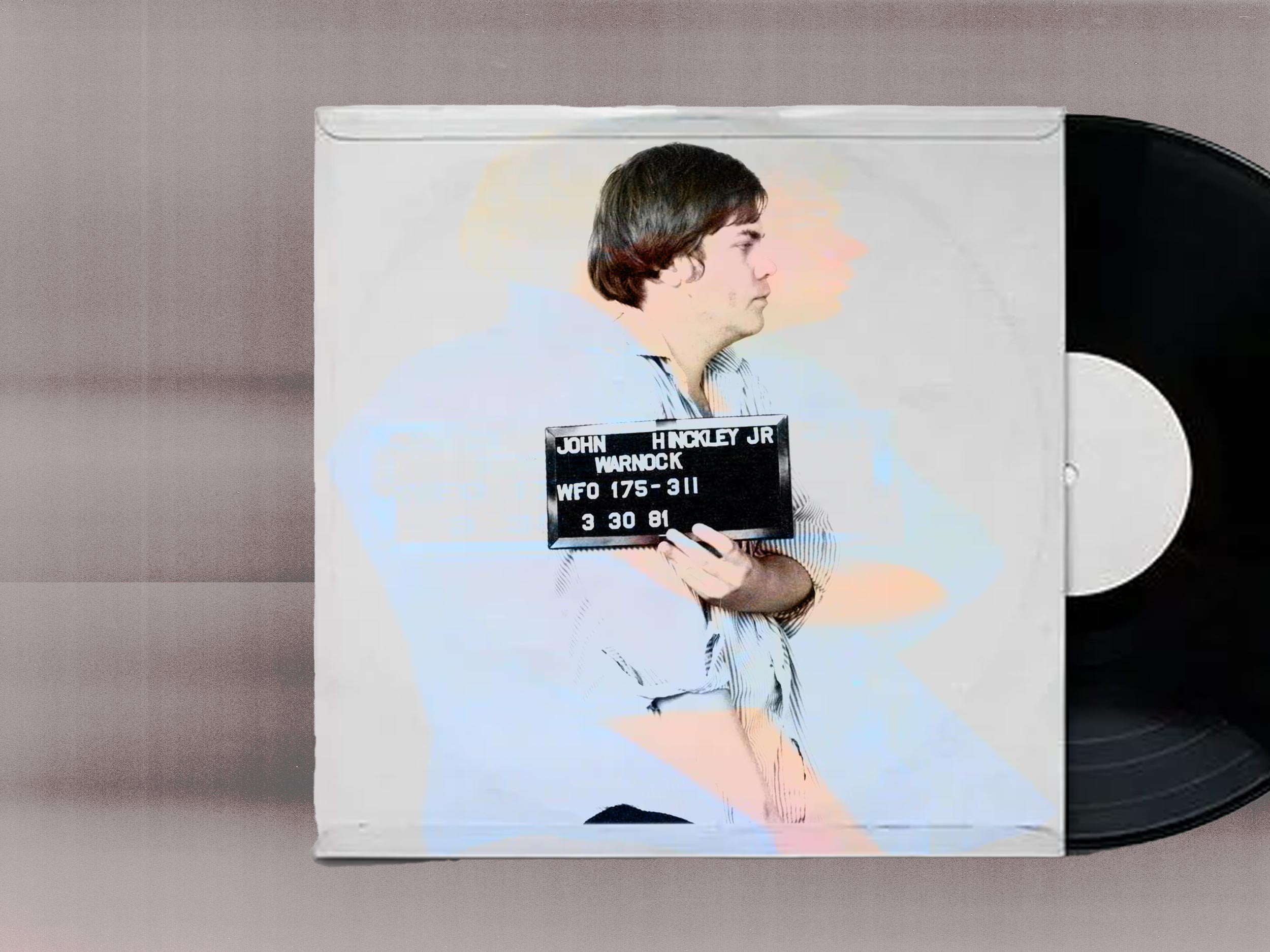John Hinckley Jr. has 26,000 YouTube subscribers and enough fans to warrant a tour—but is it for the right reasons?
Questions around rehabilitation and integration for the formerly incarcerated have come to occupy mainstream political conversations, especially around those convicted on charges related to marijuana. For those convicted of more serious and outwardly consequential crimes, those conversations get muddier. Should the formerly incarcerated have equal opportunity to things like jobs and housing? And should they be allowed to occupy DIY music scenes?
The latter question may seem insignificant in comparison to the former, but the debate around whether or not consumers can or should separate an artist from their work rages on as many beloved icons have been exposed as abusive or racist or pedophilic. For many, music is a massive part of expressing identity, especially in the ways it differentiates one from the masses.
John Hinckley Jr., the attempted assassin of former President Ronald Reagan, is positioned to play a sold-out show at Brooklyn’s Market Hotel. Hinckley was 25 when he shot at Reagan with a .22 caliber revolver, injuring the president, a police officer, and a Secret Service agent. He critically wounded Press Secretary James Brady, who died from his injuries 33 years later. Hinckley is now 66. It’s been decades since he was found not guilty by reason of insanity. His actions were allegedly an attempt to impress Jodie Foster. He was unsuccessful in both assassinating the president and wooing the actress.
It’s one thing to cling to music that helped define you, or got you through a difficult period in your life. You are fully within your right to stream the music that matters to you, despite the person who created it, within the privacy of your home. Contributing to the further financial gain of that music may elicit more controversy. Where Hinckley’s work feels different, is that it seems nobody would be interested if it weren’t for his crimes. He stalked and harassed a young actress and attempted to murder someone as a result of it. Maybe the appeal that has generated him over 26,000 subscribers on YouTube is similar to that which draws in listeners of Charles Manson’s music. There’s a certain edginess that makes the listener that much different from the rest of us. It’s hard to believe so many people are interested in him on the basis of the music alone.
Should attempted assassins be allowed to reintegrate into mainstream society? Should they be given space in creative fields? In DIY music scenes? It seems artists like Hinckley offer more of an experiential badge for those who choose to invest their money in his work. There are plenty of formerly or currently incarcerated artists out there creating work with real cultural value. When we engage with Hinckley’s work, does it take away from the greater societal dilemmas faced by those more deserving of our attention and money? Or is it okay to be in it for the meme of it?







